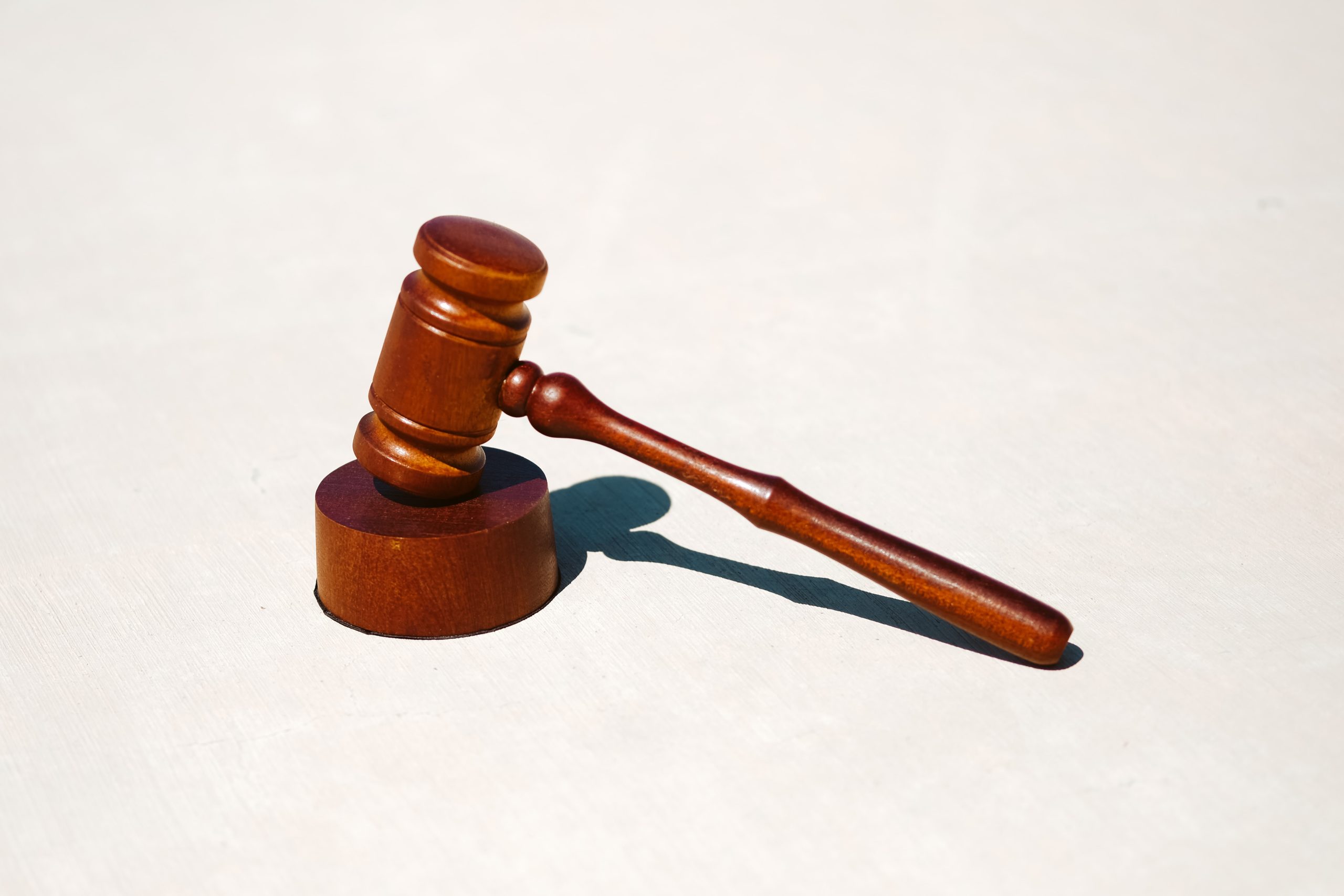If you’ve ever been issued a traffic ticket, you know the drill: pay the fine or show up in court. Many of us assume that if we show up in court, a police officer will be there to give testimony. However, you might be surprised to learn that this isn’t always the case.
In this article, we will discuss how often do cops show up for traffic court, what it means if they don’t, and some tips for how to prepare for traffic court.
The Consequences of Skipping Court
When you are charged with a traffic violation, your court appearance is mandatory. Not showing up for your court date can have serious consequences.
How often cops show up for traffic court may surprise you.
According to research, between 70-80% of police officers do not show up for traffic court when they are scheduled to appear.
This means that if you fail to appear in court, it’s likely that the officer who issued the ticket will also be absent. As a result, the case may be dismissed or a warrant may be issued.

If a warrant is issued, you will then be subject to arrest. There can also be other penalties, such as fines and/or jail time, depending on the state. Additionally, your license may be suspended or revoked
It is important to note that even if an officer doesn’t show up to court, the ticket still stands and you will have to pay the fine or face other consequences. So, it is important to always show up to your court date regardless of how often cops show up for traffic court.
The Odds of Getting Caught
If you miss a traffic court appearance, you may be wondering how often cops show up for traffic court, the truth is, the odds of getting caught depend on the circumstances. In some cases, a police officer may show up to testify.
However, if the case does not involve a serious violation or crime, it’s highly unlikely that an officer will appear in court.
Furthermore, if you do not have an active warrant for your arrest, chances are you won’t get caught, when you fail to appear in court, the judge issues a warrant for your arrest.
If this happens, law enforcement can and will come after you, however, without a warrant, police won’t typically be looking for you.
To ensure your odds of being caught are low, make sure to attend all your court appearances and don’t commit any new violations. If you do find yourself with a warrant, contact your local law enforcement agency as soon as possible to take care of the issue.
The Cost of a Warrant
When it comes to how often cops show up for traffic court, it’s important to consider the potential consequences of not appearing. If you don’t show up, the judge may issue a warrant for your arrest.
This means that if you are stopped for any reason, police officers can arrest you on the spot and take you into custody.
In some cases, this could lead to hefty fines and/or jail time. Additionally, if you are found guilty after being arrested, the judge may also order an even higher fine or longer sentence than they would have otherwise.
As such, it’s important to factor in the cost of a warrant when considering how often cops show up for traffic court. Studies suggest that law enforcement officials rarely miss these hearings.
According to one study conducted by the National Center for State Courts, 97% of law enforcement officers appeared in traffic court during 2015-2016. Of course, this statistic will vary by location.
However, it is generally safe to assume that most law enforcement officials attend their required hearings.
The Probability of Going to Jail
When you don’t show up to traffic court, there is always a risk of getting arrested. How often cops show up for traffic court varies greatly, but in most cases, they don’t show up unless there is a warrant out for your arrest.
A warrant will be issued if you fail to appear in court on the specified date or fail to pay any fines you were issued.
When an officer does show up, they may be looking to serve an arrest warrant or bring you into custody. It’s important to note that simply receiving a summons or ticket does not necessarily mean that an officer will show up for traffic court.
However, it does mean that you are required to appear in court and failure to do so could result in an arrest warrant.
If you have been issued a ticket, the best course of action is to take it seriously and appear in court on the specified date. Showing up to traffic court will give you the chance to dispute the ticket and minimize the consequences, rather than risk being arrested by not appearing.
Another thing to consider when thinking about how often cops show up for traffic court is what city or state the infraction took place in.
Cities And States
Different cities and states can have varying levels of enforcement when it comes to traffic tickets, with some areas taking violations more seriously than others.
Some courts even require officers to be present when the case is heard before a judge, so this is something else to keep in mind when wondering how often cops show up for traffic court.
The likelihood of an officer showing up at traffic court also depends on how serious the violation was; typically minor infractions such as speeding tickets won’t require an officer’s presence as much as more serious offenses such as reckless driving or DUI violations.
Finally, when considering how often cops show up for traffic court, you should also consider how busy they are; if there is a high volume of cases on any particular day, chances are that officers won’t make it to all hearings due to other pressing matters.
Conclusion
Skipping traffic court can have serious consequences, from having a warrant issued to possible jail time. But how often do cops show up for traffic court?
Surprisingly, the answer varies widely, depending on the court and the type of offense. In some cases, fewer than 10% of defendants show up for their court dates.
For other cases, especially those involving more serious offenses, police officers may be present in greater numbers.
In any case, it’s important to understand the risks of skipping traffic court and to take your responsibilities seriously. Otherwise, you could be facing serious consequences if you fail to appear.










